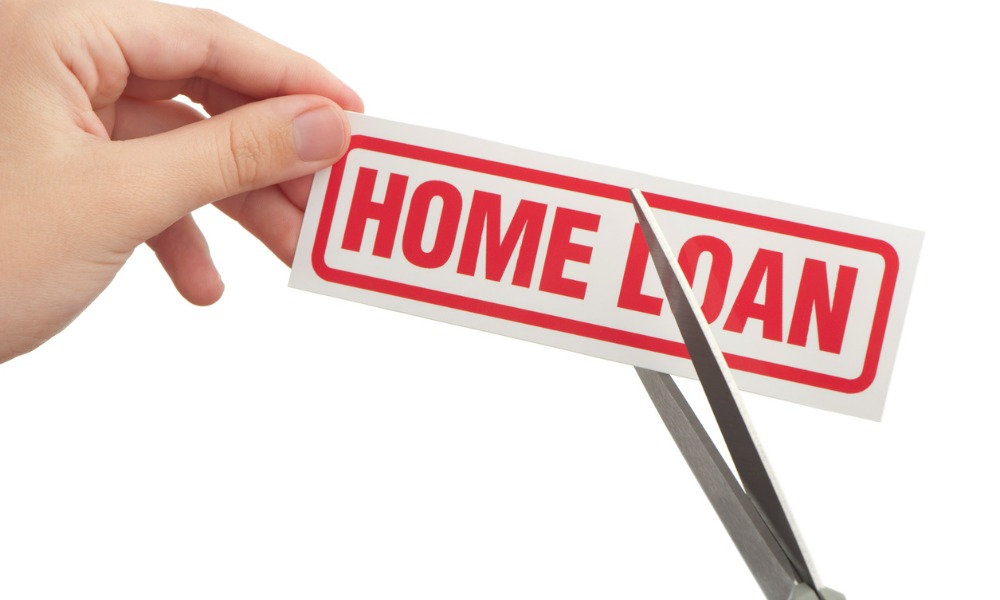Kiwibank economist says interest rates have already passed their peak – have they?

Westpac has cut the interest rate it charges on three of its home loans, slashing its two-year rate by 25 basis points, and its 18-month and three-year rates by 10bp.
The change meant the bank’s special two-year rate was now 6.54%.
This latest move from Westpac comes as Kiwibank chief economist Jarrod Kerr said interest rates around the world have already hit their peak and that the housing market is expected to bottom out in 2023, Stuff reported.
Despite the added pressure on inflation by the Auckland flood recovery, Kerr said overall downward momentum was building and that the Reserve Bank would likely only need to lift the cash rate by 50 bp later this month, as opposed to the 75bp some had previously predicted.
Inflation and employment data both recently came weaker than expected.
“No matter where you look, the outlook for inflation is improving,” Kerr said. “Interest rates have been lifted at the fastest pace in decades. We suspect 2023 will be the year the great inflation beast is tamed. If we’re correct, then the fall in inflation will ‘surprise’ the many commentators stating that the very high rates of inflation will be with us for a very long time. We don’t think that is the case, and nor do financial markets.
“Central banks are getting very close to pausing, the Reserve Bank included. Interest rates look to have peaked at the end of last year.”
He said the yet-to-come cash rate hikes had already been priced into retail rates.
There were now expectations of rate cuts towards the end of the year, which according to Kerr would prompt people to start looking for a bottom in the property market, probably to come this year.
“Interest rates will have done their jobs and the return of migrants will be a key driver as well,” he said.
Price increases could start again next year, Kerr said.
There were some talks about whether it was time for property investors to return to the market.
Michael Burge, property investor and coach, said despite a lot of interest in investing, people remain selective, as they expect conditions to worsen before they improve.
Nick Gentle, of iFindProperty, said a number of investors were waiting for the outcome of the election, concerned about the Labour government’s move to strip investors off their ability to deduct interest costs from their income for tax purposes.
People were also wary, Gentle said, about committing to new builds, having seen prices rise and builders hit with supply problems in recent years.
Independent economist Tony Alexander, meanwhile, believed that experienced investors would already be active in the market.
“They’ll have seen the average person has turned off property for a while because they are focused on the worst-case scenario for interest rates,” Alexander said. “For skilled, experienced investors this is the environment in which they won’t face much competition… vendors are increasingly willing to negotiate on price.”
“Average” investors, however, were probably still concerned about interest rate hikes and the potential or further house price declines, he said.
Alexander’s surveys of investors revealed a sharp drop in intention to purchase a property investment about the same time when RBNZ warned about an incoming recession.
Find out the best places for property investment in New Zealand in this article.
In December, a net negative 18.9% said they planned to invest in the next year, and although it had since recovered to a net negative 14%, the independent economist said it was “still the second-worst reading on record.”
A reading of zero would indicate that there was an equal number of people planning to invest and not planning to invest.
Alexander said most people would react only after the market had moved.
“Not many people have the ability to go ‘Auckland looks terrible, what a fantastic time to buy,’” he said.
Gareth Kiernan, chief forecaster at Infometrics, still believed RBNZ should raise the cash rate by 75bp this month.
“We also think that the drops in fixed mortgage rates over the last few weeks are a bit premature – in other words, fixed rates haven’t peaked yet,” Kiernan said.
He warned buyers against rushing to buy properties at the bottom of the market, Stuff reported.
“If we’re moving into a recession and a period with rising unemployment over the next one or two years, then it would seem to me that there’s no rush to enter the market because buyer numbers will be kept low by those factors for some time,” Kerr said. “In addition, there’s also the continued supply of newly built homes becoming available throughout the next one or two years that should also prevent any near-term recovery in house prices.
“Finally, it’s worthwhile remembering that, despite falling 15% since late 2021, house prices are still about 25% higher than where they were at the end of 2019, so they are still highly unaffordable. This lack of affordability further limits the upside for house prices and, I would suspect, makes it very hard to find any properties that you can borrow to purchase and still achieve a positive cash flow.”
Do you agree with the views expressed in this story? Tell us what you think in the comments below.



